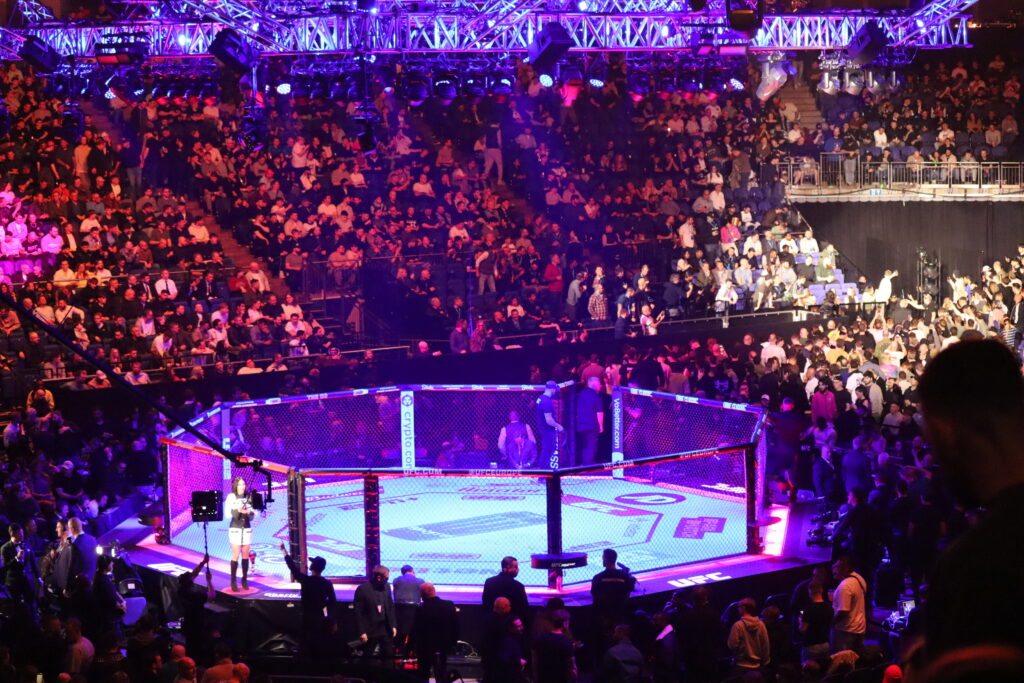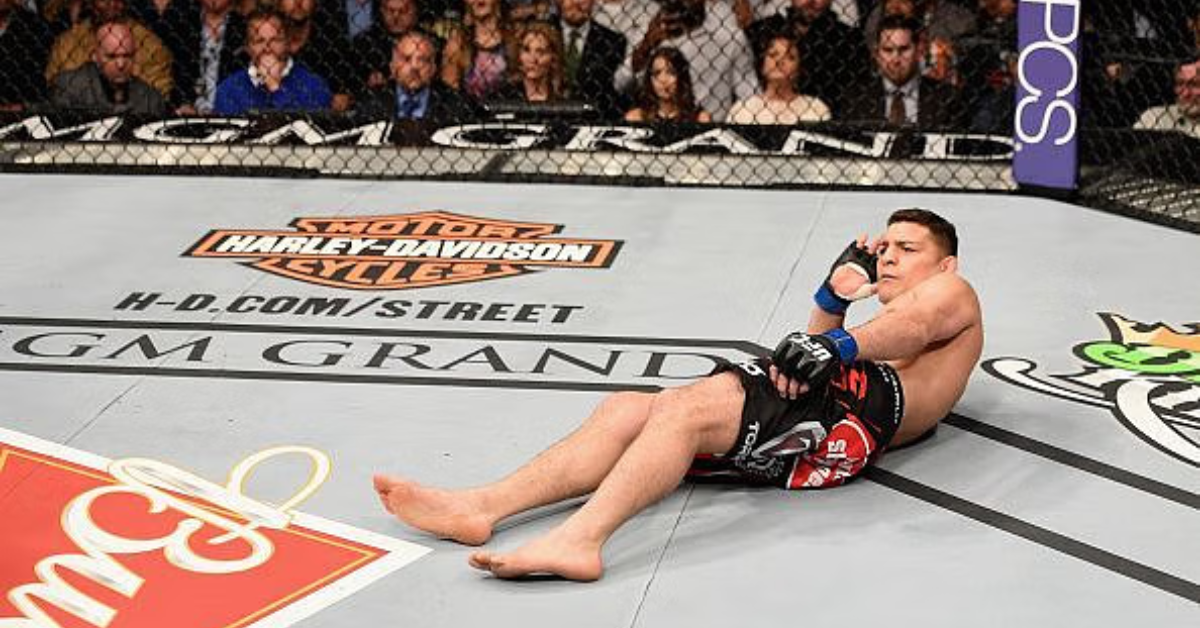
One of MMA’s most prominent journalists Ariel Helwani has declared that the UFC and mixed martial arts is facing a downturn, describing the current state of the sport as a “recession.” Speaking on his show, Helwani painted a stark picture of the industry’s struggles, particularly in North America, and questioned the UFC’s ability to deliver blockbuster events amid a dearth of superstar fighters.
Is MMA and the UFC in a Recession? Ariel Helwani Sounds Off
“MMA right now is in a recession. MMA is in a really tough spot. There is no number two. I mean, Lord knows there’s no number three, certainly not here in North America,” Helwani said, highlighting the UFC’s dominance and the lack of viable competition in the market.
Helwani’s comments come at a time when the UFC, the sport’s leading promotion, is scrambling to secure headline fights for its marquee events. The annual International Fight Week, traditionally anchored by a major pay-per-view, has yet to confirm a main event for UFC 317, scheduled for late June in Las Vegas. “Their Super Bowl show, their big one of the year, usually happens end of June, early July—that’s International Fight Week. It’s April 22nd right now. They have yet to announce a main event because they don’t have a main event,” Helwani observed.

The uncertainty is compounded by the absence or inactivity of major stars. Jon Jones, the reigning heavyweight champion, has reportedly pulled out of a highly anticipated unification bout with interim champion Tom Aspinall, after years of inactivity.
Meanwhile, Ilia Topuria, a rising star, is rumored to be fighting for a title during International Fight Week, but his opponent and the stakes remain unclear. “They don’t know what they’re going to do with Ilia Topuria, who’s their other big star coming out of Spain and Georgia. It’s not a great time,” Helwani added.

Despite these challenges, the UFC is reportedly on the verge of securing a lucrative new U.S. media rights deal, with ambitions to fetch more than $1 billion per year, more than double its current contract with ESPN. Helwani acknowledged this business success but cautioned that it does not reflect the sport’s creative or competitive health. “People could say whatever they want—they’re about to score a massive rights deal in the States, as you probably know, but in terms of a high watermark for the sport, an apex moment for the sport, we are not in that moment right now,” he concluded.

Helwani’s assessment has sparked discussion across the MMA community, with some agreeing that the sport is experiencing a cyclical downturn and others pointing to the UFC’s financial strength as evidence of its enduring appeal.

